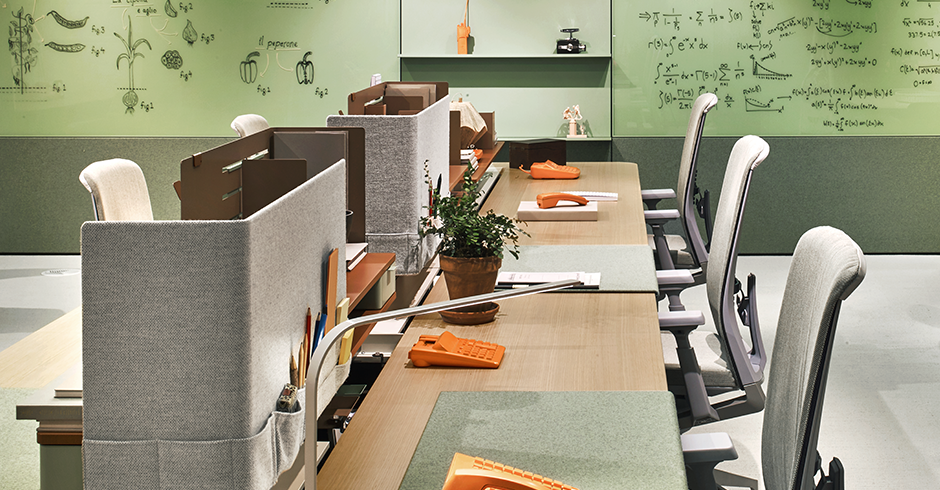Sustainability has become a priority for consumers when purchasing furniture, and is also considered by manufacturers and furniture retailers.
Sustainable furniture means reducing its environmental impact from its inception through production, including using renewable raw materials and following responsible manufacturing practices.
Environmental impact
Sustainable furniture can be an effective way to reduce your home’s environmental impact and lower energy usage and pollution caused by manufacturing processes, as well as disposal at end of life.
Furniture made with sustainable and nontoxic materials should be renewable and recyclable at the end of its lifespan, such as natural wood, bamboo or recycled PET bottles. Furthermore, its components should be easy to disassemble, repair or recycle.
Furniture manufacturers should strive to avoid using harmful chemicals and solvents during production, as these may contribute to pollution in your home and emit volatile organic compounds that reduce indoor air quality over time. Water-based foams, glues and finishes may be better alternatives as opposed to using those containing solvents.
Since much of the wood used in furniture production is from forests that are endangered by deforestation, it is crucial that shoppers buy furniture with either PEFC or FSC certification labels.
Social impact
Furniture manufacturing can often produce quick and straightforward designs that can be mass produced; while they look beautiful in our homes, many end up in landfills where they take up valuable space.
Consumers have become more conscious of their environmental footprint due to this movement, leading to companies like IKEA committing to changing their production processes to create a sustainable future for planet Earth. IKEA pledged that all its products by 2030 would use only renewable or recycled materials – an impressive commitment.
Social Design is a growing movement that seeks to use design techniques in the built environment with the intention of having long-term positive effects on society and the environment. One approach designers are adopting this concept is through circular design – furniture pieces made without virgin materials can then be reused or recycled into new products.
Economic impact
Sustainable furniture design brings many economic advantages, from reduced production costs and longer product lifespan performance, to protecting the environment and conserving natural resources.
Sustainable products tend to be more durable and sturdy than mass-produced furniture, increasing consumer satisfaction and sales.
Sustainable products also avoid harmful chemicals like formaldehyde, which has been linked with cancers and respiratory issues in children.
Ethical and fair labor practices are also an essential factor when considering furniture manufacturing’s sustainability. Sustainable manufacturers prioritize providing fair treatment to their employees during production as well as living wages for workers involved.
Water management practices throughout operations and supply chains is also crucial. Proper water use reduces environmental impact, enhances operational efficiencies and builds corporate citizenship reputation.
Product life cycle
Furniture designers and manufacturers face many decisions regarding design choices for products to meet recyclability goals, from designing products with repairable or disassembleable designs (for recycling) to using renewable materials like wood and plastics derived from natural sources as raw materials in production processes.
Furniture designers should always consider product lifecycle when designing new pieces, and do everything they can to increase it as much as possible. This can be achieved using various CG solutions such as photorealistic static and motion promo visuals that show every stage in its journey from conception to retirement.
Gispen, a leading office furniture producer in the Netherlands, recognizes these developments and employs circular economic principles to drive new business, extend product lifespans and enhance adaptability of its products. Through its Use-it-Wisely project, Gispen developed two applications that enable them to estimate the business impacts associated with adopting circular economy concepts – one is a dynamic business model simulation and another one serves as a Circular Economy Design Framework.




